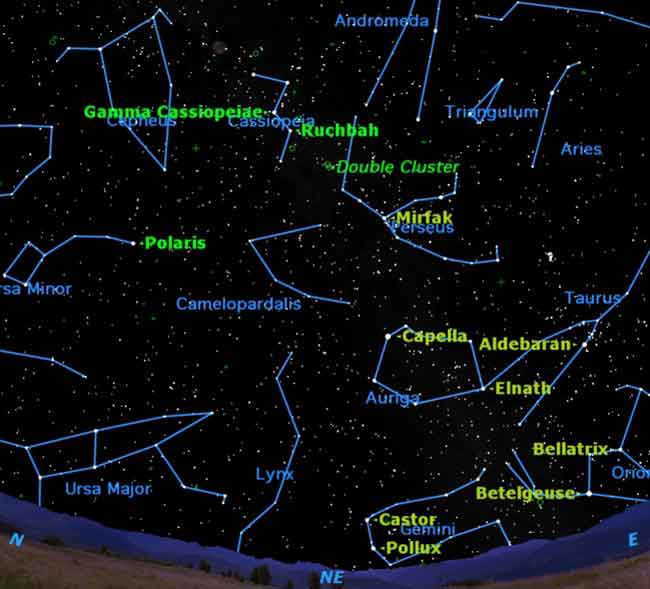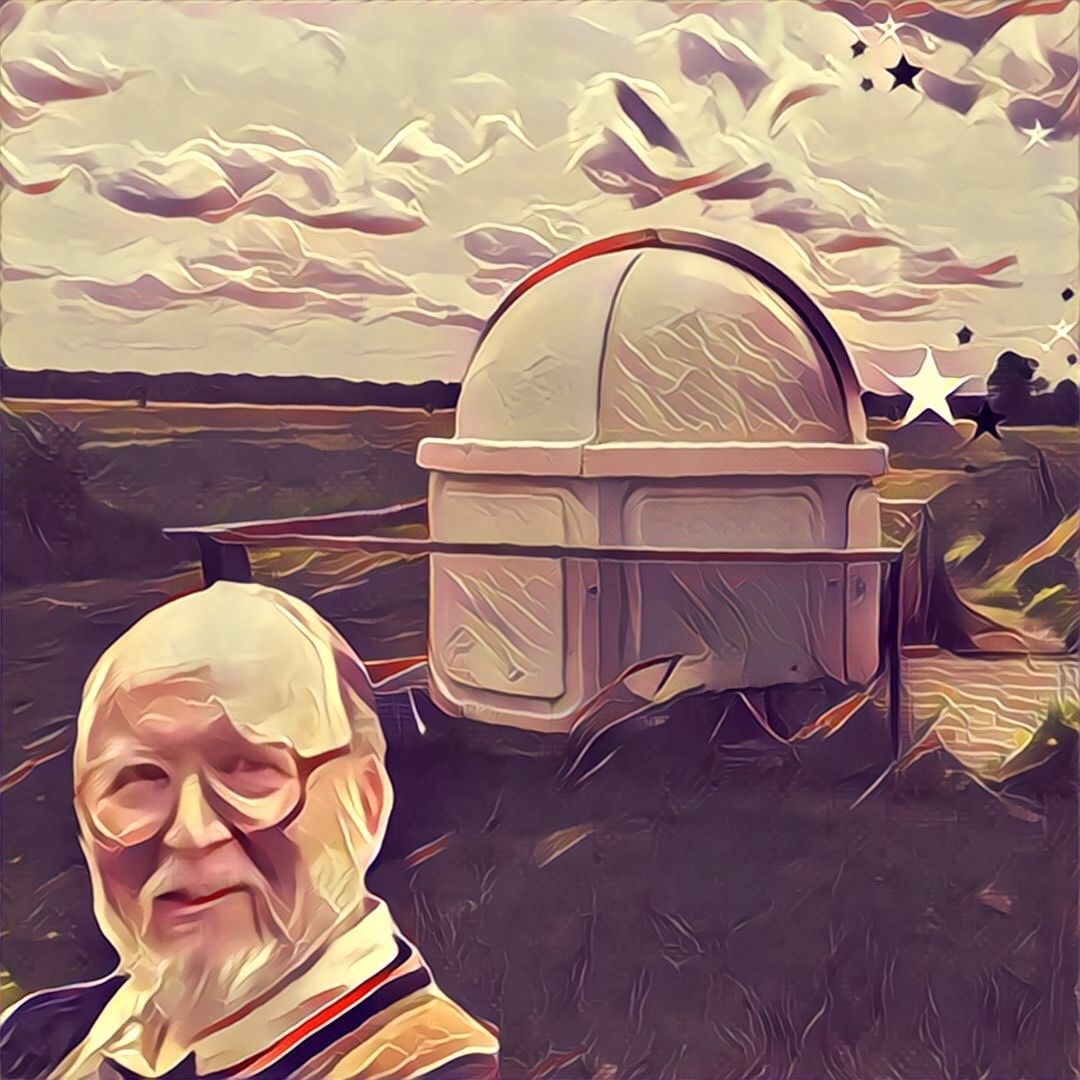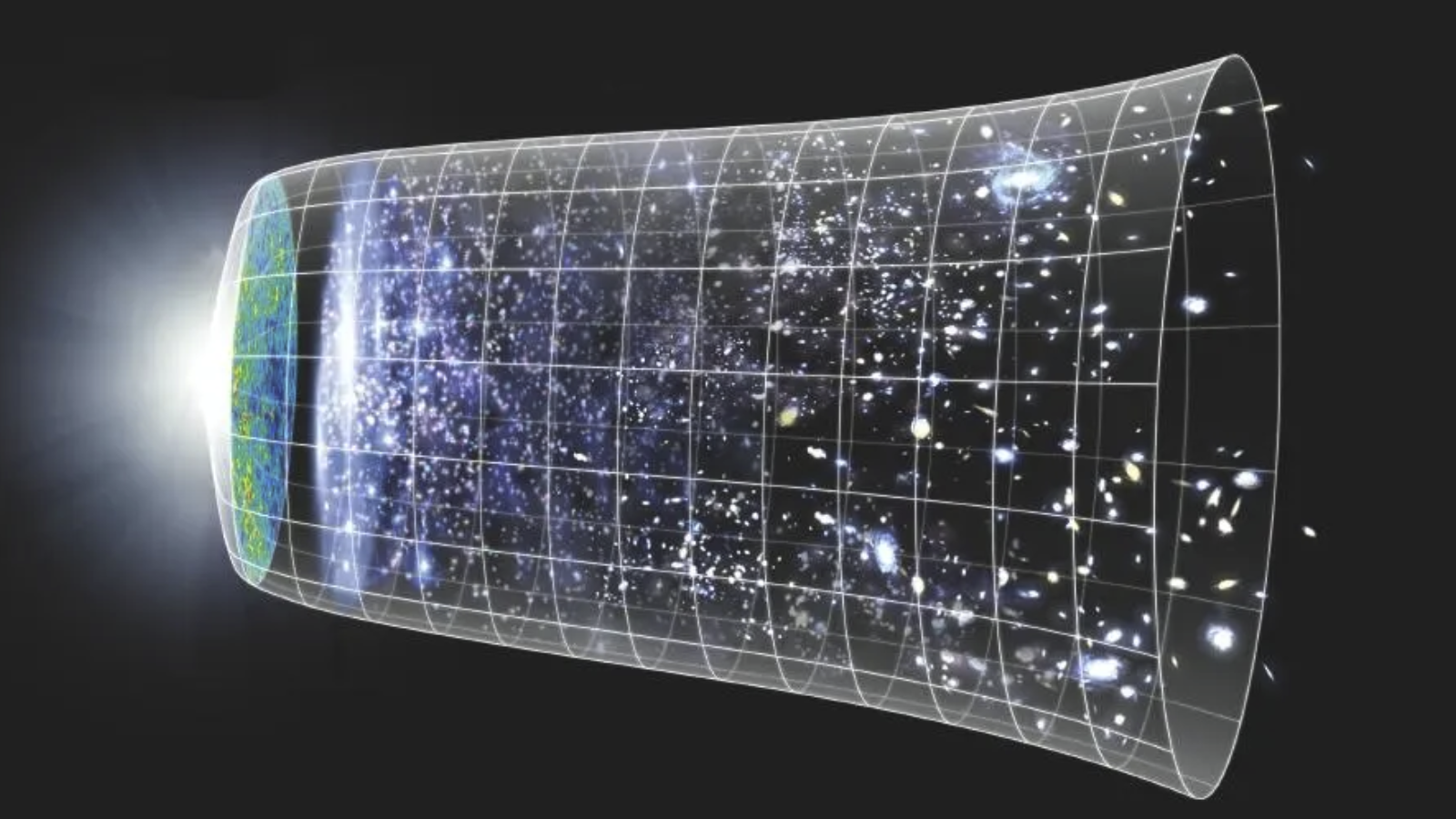Sky Target: Spot the Double Cluster

Breaking space news, the latest updates on rocket launches, skywatching events and more!
You are now subscribed
Your newsletter sign-up was successful
Want to add more newsletters?
One of the greatest mysteries in astronomy is how CharlesMessier missed the Double Cluster in Perseus. In his catalog of objects thatcould be mistaken for comets, he included all the brightest deep sky objects,but somehow overlooked the Double Cluster. So, just because it doesn?t have an?M? number, don?t you do the same, as it is one of the loveliest objects in thesky, a fine sight in either binoculars or a small telescope.
You don?t need to know where Perseus is to find the DoubleCluster. Go out on any evening this month and locate Cassiopeia: a distinctive?W? of 2nd magnitude stars right across the pole from the BigDipper. Use the two stars Gamma and Ruchbah in the middle of the ?W? aspointers towards the Double Cluster.
In binoculars, you will see two glowing balls of stars; ina small telescope these will resolve into hundreds of individual stars.
These two clusters of stars are a true pair, located atabout the same distance from the sun, 7,000 light-years, and are about the sameage, 10 million years. Despite their common location and history, they arerather different in appearance, in terms of the density and concentration ofstars. Most of the stars are bluish white, but there are a number of yellowstars scattered through the clusters to make them appear colorful.
If you continue to sweep with binoculars beyond the DoubleCluster you will reach the Alpha Perseii Cluster. This is one of the closeststar clusters to the sun, only 600 light-years away. It is very large in size,overflowing the field of any binocular, and its members are mainly identifiedby? their shared motion through the sky. For that reason it is sometimes calledthe Perseus Moving Cluster.
Despite being very large and containing many bright stars,this cluster is not well known among amateur astronomers, perhaps because it istoo big to view with a telescope. It is one of the objects which is best viewedwith binoculars or the naked eye.
Thisarticle was provided to SPACE.com by Starry Night Education, theleader in space science curriculum solutions.
Breaking space news, the latest updates on rocket launches, skywatching events and more!

Geoff Gaherty was Space.com's Night Sky columnist and in partnership with Starry Night software and a dedicated amateur astronomer who sought to share the wonders of the night sky with the world. Based in Canada, Geoff studied mathematics and physics at McGill University and earned a Ph.D. in anthropology from the University of Toronto, all while pursuing a passion for the night sky and serving as an astronomy communicator. He credited a partial solar eclipse observed in 1946 (at age 5) and his 1957 sighting of the Comet Arend-Roland as a teenager for sparking his interest in amateur astronomy. In 2008, Geoff won the Chant Medal from the Royal Astronomical Society of Canada, an award given to a Canadian amateur astronomer in recognition of their lifetime achievements. Sadly, Geoff passed away July 7, 2016 due to complications from a kidney transplant, but his legacy continues at Starry Night.
